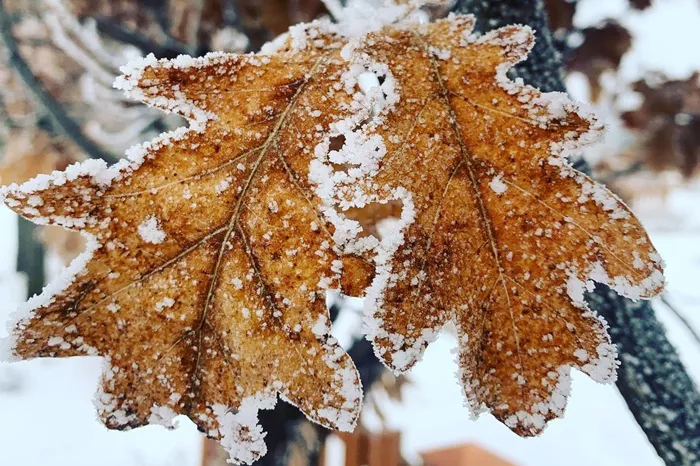TOLEDO, Ohio — As October progresses, overnight freezes are becoming more likely across northwest Ohio and southeast Michigan. However, local experts reassure residents that outdoor plants should be fine for now.
Despite anticipated low temperatures, Jenny Amstutz, the store manager of Nature’s Corner, stated that a single cold night is unlikely to harm your plants. “You don’t have to worry this time of year like you would in May,” she explained. “The plants have been adjusting throughout the summer and into fall. They are starting to harden off and slow down.”
For those who want to take precautions, Amstutz suggests simple steps. “Just move your plants underneath an overhang and put them back out tomorrow. Better safe than sorry,” she said. “Mums and other plants are very resilient and should be just fine.”
Amstutz emphasized that a bit of cleanup can go a long way. She advised, “Make sure to remove leaves from your lawn. You don’t want them sitting on the grass all winter. If you have any pruning to do, now is a good time as the plants start to go dormant.”
For tropical plants that prefer warmer conditions, she recommended bringing them indoors as the weather cools. “If you have petunias in your planters that still look beautiful, protect them on cold nights like tonight,” Amstutz noted.
She also stressed the importance of bringing houseplants inside. “It’s too cold for houseplants; bring them inside,” she urged. “Check for insects and treat them as necessary. The transition from outdoors to indoors is significant, so avoid overwatering.”
Amstutz pointed out that fall is a crucial time to fertilize plants and provide extra water to newly planted trees and shrubs. “After investing time and money, give them a late drink. This helps the soil freeze moist when December and January arrive,” she advised.
Popular fall plants, such as chrysanthemums and pansies, should thrive in the expected conditions tomorrow morning. For those moving houseplants indoors, she recommended maintaining their outdoor care routine, taking special care not to overwater them during this transition.
Related topics:
- Climate Change Disrupts Ant-Plant Relationships
- Scientists Find Method to Create Genetically Identical Plants
- Plant Vaccines Can ProteAct Global Food Supplies and Combat Climate Threats


